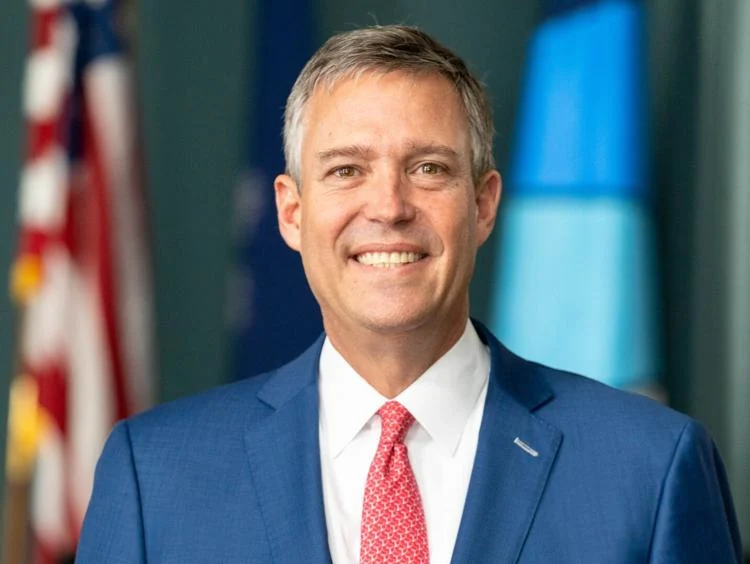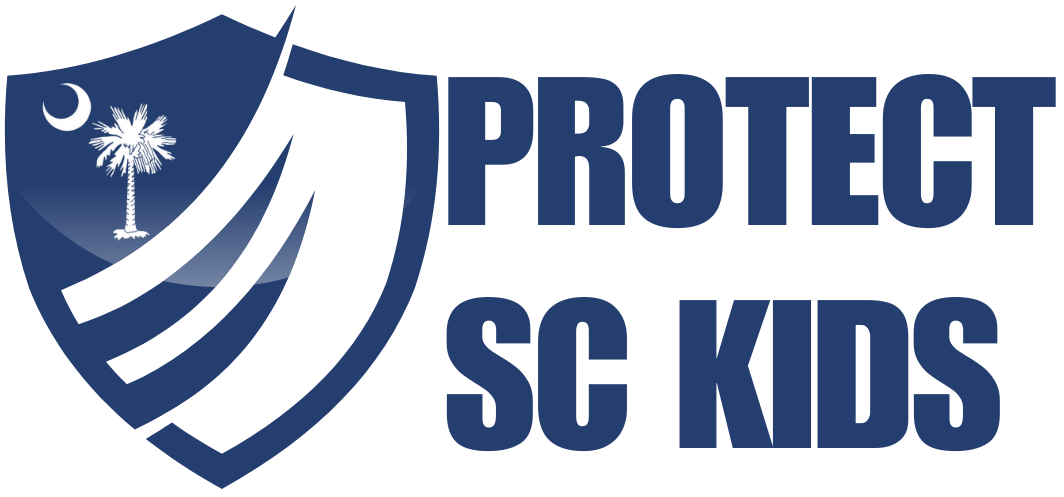The S.C. General Assembly has an opportunity to address a critical problem affecting our classrooms, communities and country: the widespread youth use of vaping devices.
Despite being deemed illegal by federal authorities and the countries that manufacture them, these devices — often marketed in child-appealing flavors like cotton candy and birthday cake — continue to flood our markets. Alarmingly, nearly half of S.C. high school students have used them, according to data from the state Department of Alcohol and Other Drug Abuse Services, contributing to a nationwide increase in youth vaping by more than 2,600% in just five years, as calculated by the Centers for Disease Control and Prevention’s annual Youth Tobacco Survey.
Ninety percent of these devices originate from manufacturers in China, which prohibits their sale domestically. However, due to insufficient federal oversight, they have found a lucrative market in the United States. These products are intentionally designed to mimic such everyday items as pens, USB drives and highlighters, making them harder to detect and easier for kids to access. When federal authorities demand manufacturers cease sales, these companies often sidestep enforcement by rebranding under new names, perpetuating the problem.
The fact that foreign adversaries exploit gaps in our regulatory system is not just a minor oversight; it is an ongoing assault on our country’s safety and security. While federal authorities are our nation’s first line of defense, state officials have a duty to act when our most vulnerable citizens are put at risk.
Alabama and North Carolina have stepped in where federal efforts have fallen short. By creating well-regulated markets, these states have successfully balanced public health protection with support for ethical businesses. Their policies include legal registries of FDA-approved products, enabling law enforcement and retailers to identify illegal devices and hold bad actors accountable. These measures also safeguard responsible businesses that comply with the law while protecting children from illicit products from hostile nations.
With the introduction of H.3728 and S.287, South Carolina has an opportunity to adopt a similar proactive approach. These bills aim to create a safer marketplace by establishing a registry of approved devices, strengthening enforcement against illegal sales and implementing penalties for violations. These measures will empower retailers, law enforcement and regulators to distinguish between lawful and illicit products, ensuring a safer environment for our communities.
As a father and a husband to a pediatrician, I cannot overstate the importance of this legislation in protecting our children. These devices are not just harmful but act as a gateway for retailers to sell even more dangerous products to unsuspecting citizens. As Columbia’s mayor, I’ve seen firsthand the strain this problem places on law enforcement and the broader community. Without clear regulations, our officials are hampered in their efforts to protect public health and safety.
Critics may argue that such measures could hurt small businesses or restrict adult consumers’ choices. However, these bills are not about punishing legitimate businesses or adults; they are about creating a level playing field where businesses can thrive while keeping harmful products out of the hands of our youth.
Inaction only emboldens overseas bad actors, allowing them to continue their dangerous operations with impunity. As a nation, we cannot afford to let these foreign adversaries off the hook. Our safety and the future of our children depend on taking decisive action, ensuring that those who profit from such harmful products face consequences. Only then can we begin to reclaim our communities and safeguard our nation from those who would poison it for profit.
We have a real opportunity to achieve a significant public health victory, but only if we act decisively. I urge members of the General Assembly to listen to the voices of parents, educators, law enforcement and health care professionals who have long called for action. With their passage of H.3728 or S.287, South Carolina can lead the way in protecting our children and fostering a healthier future for our communities.
Daniel Rickenmann is the mayor of Columbia.


